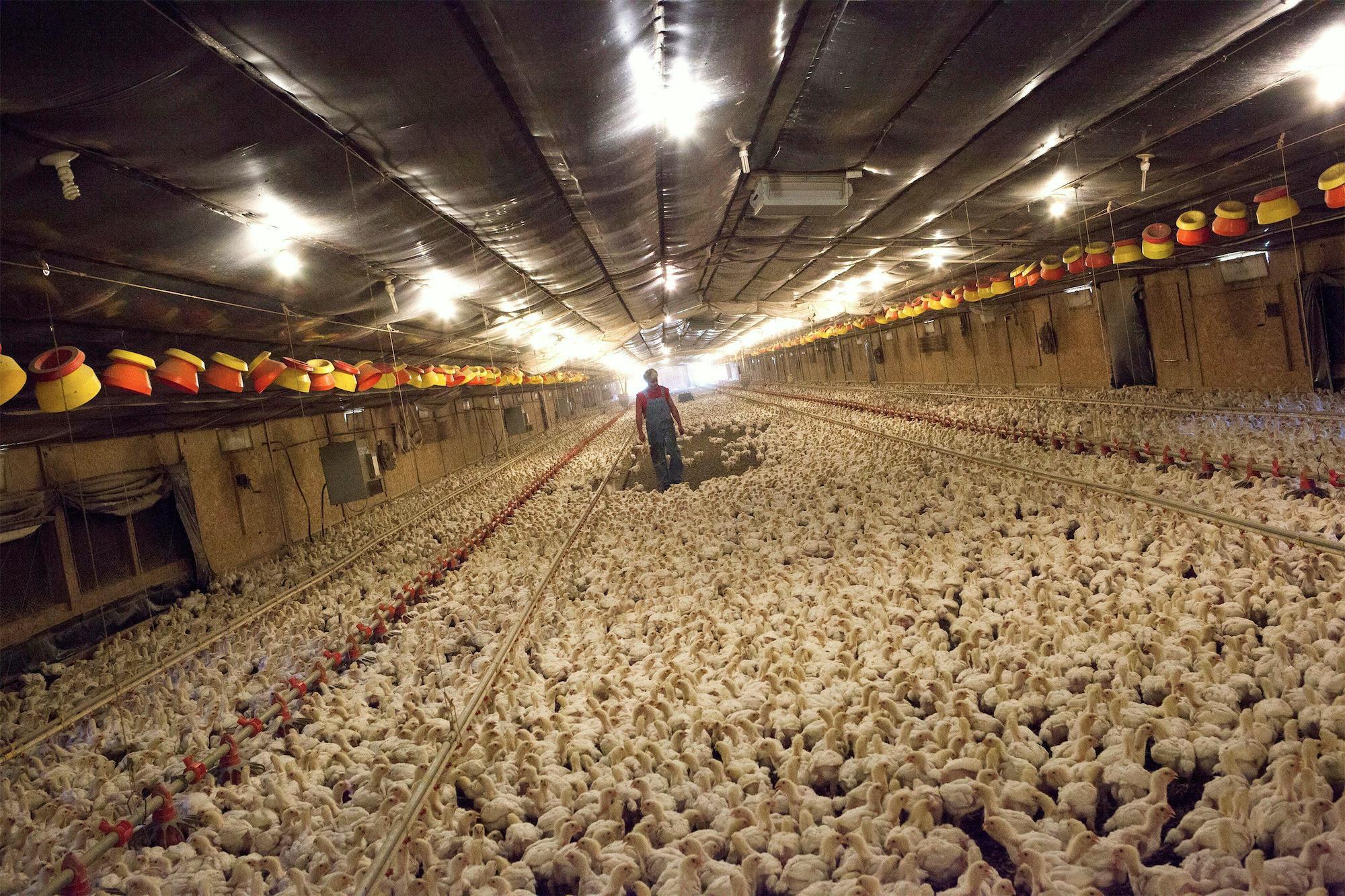In the modern day era of mass creation and consumerism, the expression “Factory farm animal cruelty” has turn into synonymous with efficiency and affordability in the foods sector. However, driving the walls of these industrialized operations lies a darkish truth of animal struggling and cruelty that frequently goes unseen by the regular consumer.
Factory farming, also known as industrial agriculture, is a method of intense animal farming that prioritizes high output and revenue margins in excess of the nicely-being of animals. In these amenities, animals are confined to cramped and unsanitary conditions, usually unable to show their normal behaviors or obtain suitable nourishment and veterinary care.
One of the most substantial concerns connected with manufacturing facility farming is the extreme confinement of animals. Pigs, chickens, and cows are usually housed in overcrowded and barren cages or pens, unable to transfer freely or have interaction in natural behaviors such as foraging or socializing. Health risks of dairy consumption causes bodily discomfort and tension but also boosts the likelihood of injuries and disease amid the animals.

Additionally, the use of antibiotics and progress hormones is common in manufacturing facility farms to promote speedy progress and stop the unfold of ailment in such crowded conditions. This overreliance on antibiotics has contributed to the increase of antibiotic-resistant bacteria, posing a serious menace to public wellness.
The schedule methods utilized in manufacturing unit farms also inflict enormous struggling on animals. For example, in the egg market, male chicks are regarded as economically worthless and are usually discarded alive by the 1000's each day, both by getting ground up alive or suffocated in plastic baggage. In the same way, in the dairy sector, calves are separated from their mothers shortly right after beginning, leading to distress to both the calf and the mother.
Probably one of the most disturbing elements of manufacturing unit farming is the widespread acceptance of cruel and inhumane treatment method of animals as regular industry practices. Undercover investigations have uncovered circumstances of staff kicking, beating, and even sexually abusing animals in these amenities. In spite of this kind of egregious acts of cruelty, perpetrators are not often held accountable owing to insufficient oversight and enforcement of animal welfare restrictions.
The environmental impact of Factory farm animal cruelty can't be neglected both. The intense manufacturing of animal squander in these amenities leads to air pollution of air, h2o, and soil, contributing to local weather adjust and ecological degradation. Moreover, the enormous use of assets these kinds of as water and grain to feed livestock more strains international foods systems and exacerbates issues of food insecurity and inequality.
Regardless of these grim realities, there is hope for change. Elevated customer recognition and need for ethically sourced and sustainably produced foodstuff goods have led to the rise of substitute farming methods such as natural farming, pasture-lifted livestock, and plant-based mostly choices to animal merchandise.
As buyers, we have the electricity to drive positive change in the foods industry by producing knowledgeable selections and supporting moral and sustainable farming practices. By picking to boycott manufacturing unit-farmed merchandise and advocating for more powerful animal welfare laws, we can support ease the struggling of tens of millions of animals and produce a far more compassionate and sustainable foods method for foreseeable future generations.
